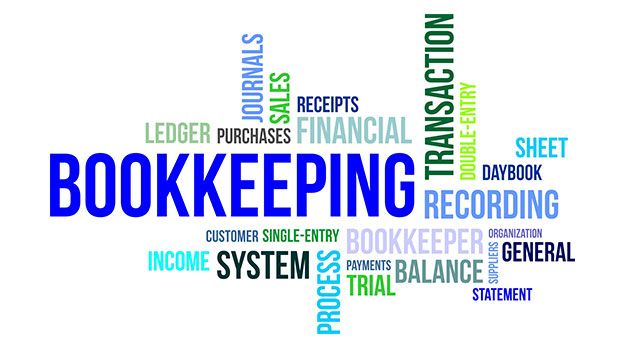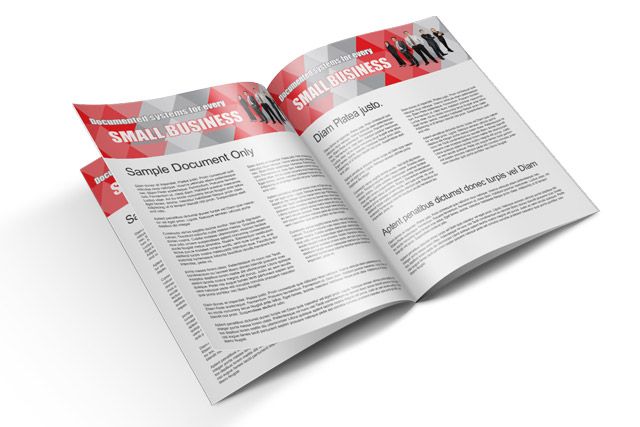- Description
- Specifications
Leaders are responsible for employing their team members effectively to accomplish organisational goals. The more they develop team members and the more they delegate to them, the more they can help you meet required objectives. Managers are often reluctant to delegate; they feel they might lose control, or they feel that the work delegated won't be up to their own standard. Both of these feelings are leadership weaknesses as they reflect a lack of trust in their team members and that they have not spent enough time and effort developing individuals' skills and confidence. A greater weakness is giving work to people just because you can't or don't want to do it, of can't be bothered with it. This is commonly known as 'duck shoving'.
The session includes information and advice on:
- Why leaders should delegate and what and to whom.
- The benefits to both the delegate and the leader.
- Delegation can build trust and increase skills and confidence.
Supporting information is also contained in lists and diagrams on:
- Prerequisites
- Process
- What and To Whom
- Planning and Control
- Levels of Authority Table
- Evaluation and Following Through
- Key Points for Leaders
Facilitator's Guidance Paper and PowerPoint Slides (Paper900-018)
Participant's Follow-Up Paper and PowerPoint slides (Slide 900-019)




































